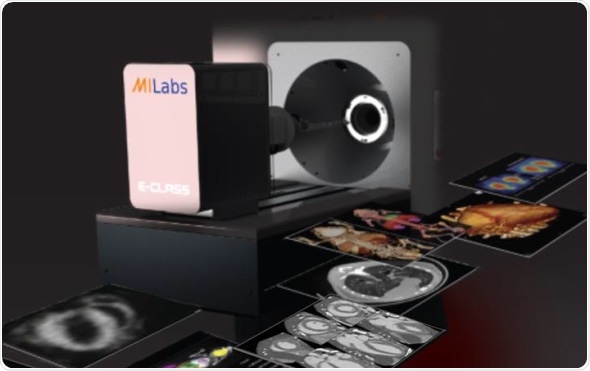Apr 2 2019
The nuclear cardiology core facility of the CHFC-Würzburg has acquired MILabs E-class SPECT/CT system to enhance its existing top-level basic, translational and clinical research activities in the field of heart failure.

Upgradeable with simultaneous PET imaging, the E-Class SPECT/CT system combines economic use with exceptional translational imaging performance.
The system features list mode based simultaneous high-resolution multi-isotope gated cardiac imaging capabilities - a critical performance feature for gaining better insights into, e.g. cardiac neuronal and vascular biology.
With an estimated 3 million heart failure patients in Germany and over 30 million worldwide, the CHFC- Würzburg uses world-class multi-disciplinary research for the development of new therapeutic strategies, which intervene early in the healing and remodeling processes of the heart.
The use of high-end SPECT imaging fused with the anatomical structure of the heart obtained with low-dose CT is essential for translational cardiology imaging. For instance, one can uniquely visualize cardiac sympathetic nervous activity with this high-resolution nuclear imaging technique.”
Prof. Dr. Takahiro Higuchi, Head of Pre-Clinical Imaging
We are delighted to collaborate with Dr. T. Higuchi’s team to optimize the performance of our multimodality E-Class imaging system for cardiac applications.
Because of the high spatial and temporal resolution of our nuclear imaging technologies, the system allows both global as well as regional functional and dynamic kinetic analysis.
Once upgraded with PET, by eliminating positron range blurring, the system enables, for the first time, murine cardiac imaging with 82Rb, a popular PET tracer used in the clinic.”
Prof. F. Beekman, founder & CEO of MILabs B.V.